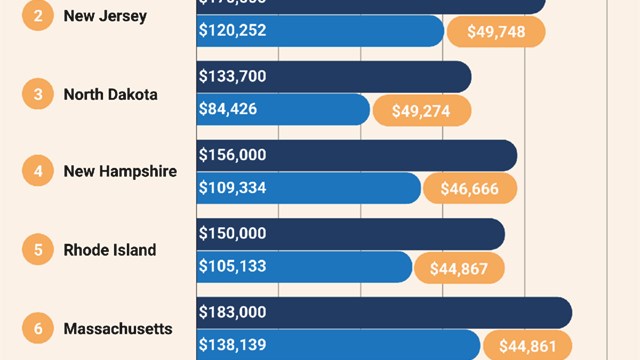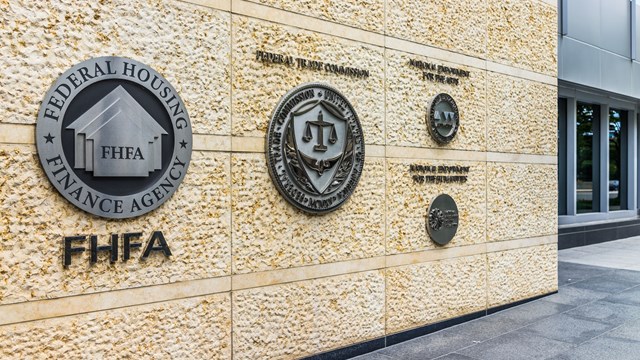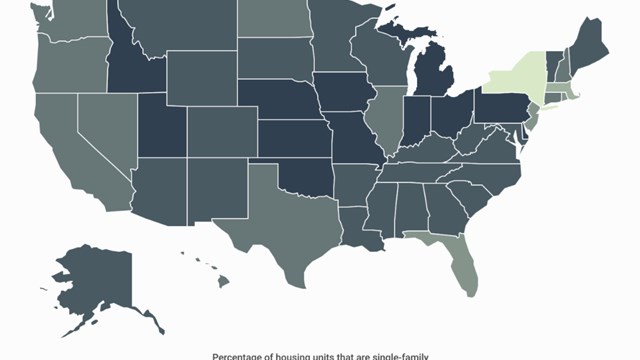Mayor Bill de Blasio says that New York has “a crisis of affordability.” According to the mayor’s ten-year housing plan, his administration is committed to “build or preserve nearly 200,000 affordable units” throughout the five boroughs. Mayor de Blasio calls for a “bold approach to increasing and protecting the supply of affordable housing,” but while noble, no measures have yet been implemented. Time is of the essence, though, for a certain breed of affordable housing—Housing Development Fund Companies (HDFCs).
In the 1970s, the city created HDFCs via Land Disposition Agreements (LDAs) to promote developing blighted and underdeveloped areas into affordable housing. The LDAs transferred land to cooperative housing corporations in exchange for the promise that those cooperatives would adhere to strict principles to create and maintain affordable housing. These HDFC cooperatives were formed pursuant to the statutory regime of Article XI of the Private Housing Finance Law (PHFL). The LDAs and the PHFL provide for HUD/FHA-subsidized financing, property tax breaks, and HPD regulation of HDFCs. Income restrictions for apartment owners and sale price formulas ensure apartments remain affordable.
However, most LDAs and their related regulatory agreements expire after 40 years and/or when government loans made to the HDFC are paid in full. In the last few years, many LDAs and regulatory agreements have expired and government-subsidized loans have been paid off. The shareholders of these HDFCs face probably the biggest financial decision of their lives: Does the cooperative continue as affordable housing, or does it privatize and allow its shareholders to make big money selling their cooperative shares on the free market?
Many of these cooperatives, 40 years later, are located in prime locations, and shareholders find themselves with the possibility of selling their units for more money than they ever thought possible. However, many shareholders oppose privatization because they wish to remain in their units, and may not be able to afford to do so if the benefits of HDFC regulation (e.g. tax abatements, low interest financing) are lost. For those cooperatives that ultimately decide to pursue privatization, there are serious legal questions:
Does an HDFC need governmental approval to amend its governing documents to remove income and sale price restrictions?
When an LDA expires, absent a regulatory agreement or government-subsidized mortgage, HDFCs should be able to freely amend their governing documents. Generally, LDAs and the PHFL show no intent to allow HUD/FHA and HPD to maintain control over HDFCs in perpetuity and they therefore have no standing to enforce any of those oversight regulations.
Does privatization of an HDFC require the filing of an offering plan with the New York State Attorney General?
The filing of an offering plan is not necessarily required but may be prudent. While it would seem that simple amendments or a reincorporation transferring the same number of shares to the same shareholders would not constitute an “offering or sale,” requiring Attorney General oversight, the New York State Court of Appeals held in East Midtown Plaza v. Cuomo, in November of 2012, that “however it is packaged, the privatization…falls within the parameters of the Martin Act,” and “a significant change in the nature of the investment or in the investment risks amount to a new investment.” Privatization would enable HDFC residents to sell their shares at market rates thus causing the HDFCs to lose eligibility for government-subsidized financing and property tax reductions.Both of these changes affecting shareholders may be deemed substantial enough to constitute a different investment such that the privatization would be characterized as an “offering or sale” of securities under the Martin Act. The Martin Act requires that offering plans be filed for all security offerings or sales, which include the offering of cooperative shares. However, it is important to note that East Midtown Plaza was a Mitchell Lama cooperative, not an HDFC co-op. Therefore, an argument can be made that this case does not apply to HDFCs.
Even if an HDFC files an offering plan to privatize, there is no guarantee the Attorney General will accept it. While the Martin Act does not prohibit privatization, it bestows some degree of latitude upon the Attorney General under Section 352-e, 2-d, (b)6 of the act. Therefore, it is possible despite the fact that no regulation presently exists pertaining to HDFC privatization, the Attorney General may nevertheless, for policy reasons, subsequently attempt to make a rule solely to prevent HDFC privatization.
Does privatization of a HDFC subject the cooperative to a transfer tax?
Probably not. According to New York City Administrative Code Section 11-2102, a transfer tax is not applicable to “[a] deed, instrument or transaction conveying or transferring real property or an economic interest therein that effects a mere change of identity or form of ownership or organization to the extent the beneficial ownership of such real property or economic interest therein remains the same, other than a conveyance to a cooperative housing corporation of the land and building or buildings comprising the cooperative dwelling or dwellings.” However, the Code goes on to make an exception to the cooperative exception: “the term ‘cooperative housing corporation’ shall not include a housing company organized and operating pursuant to the provisions of article…eleven of the private housing finance law.” Therefore, based on a strict and plain reading of the tax laws, privatization of HDFCs should not be an event subject to a transfer tax.
In the case Trump Village Section 3, Inc. v. City of New York, the Appellate Division, Second Department, held in September of 2013, that the dissolution and reconstitution of a Mitchell Lama cooperative in connection with it privatizing was not subject to transfer taxes because it “remained the same entity, although it was relieved of various restrictions previously imposed upon it by the Mitchell-Lama housing program.” The court further stated that “[t]his is so even if we adopt the argument of the City defendants that the word ‘reconstitute’ is synonymous with the word ‘reincorporate.’In the Trump Villagecase, the court held that “when a residential housing cooperative corporation amends its certificate of incorporation as a part of its voluntary dissolution, reconstitution, and termination of participation in the Mitchell-Lama housing program…because there is no transfer or conveyance of any real property or an interest in real property under those circumstances, no taxable event occurs.” Therefore, it is likely that courts would find that a transfer tax is not due upon privatization of an HDFC, so long as the only changes made to the governing documents pertain to privatization. (All shares and shareholders would need to be the same.) It should be noted the Trump Village decision is under appeal, and the city is challenging the Appellate Division’s decision. A decision has not yet been rendered.
Conclusion
While there are risks to consider, under current state law, HDFC shareholders may pursue privatization without the burden of paying a transfer tax, simply by amending their governing documents or dissolving and reincorporating as free market cooperatives. The window of opportunity, however, may close if the Court of Appeals in the Trump Village case rules that a transfer tax will be due upon privatization, or if/when Mayor de Blasio’s affordable housing policies are put into action and enforced.
Leni Morrison Cummins, Esq. is a partner at Manhattan-based law firm Adam Leitman Bailey, P.C.










Comments
Leave a Comment